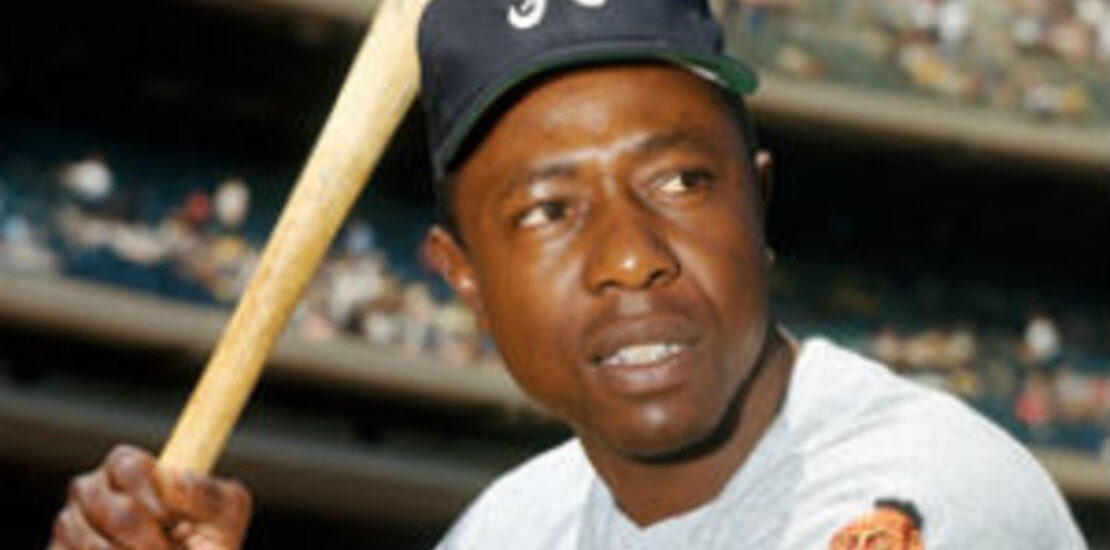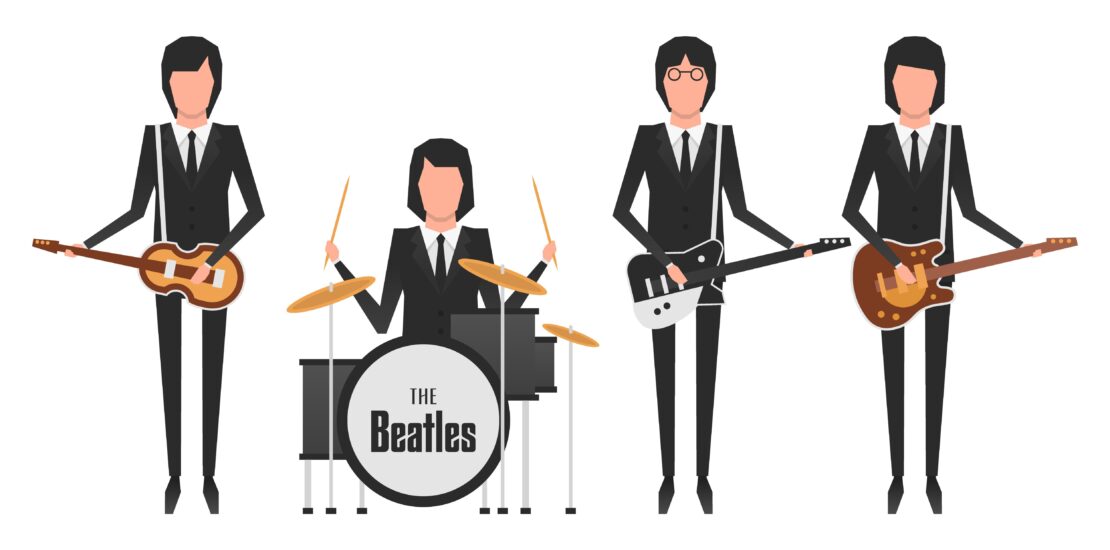Baseline Selling
-
Most Salespeople are Underdogs Like the Boston Red Sox
- October 13, 2021
- Posted by: Dave Kurlan
- Category: Understanding the Sales Force

If your company is not the brand leader, market leader, or price leader; if you have a complex sale, a story to tell, a new technology, a new brand, a new product, a much higher price or a much tougher sale, then you are an underdog too.
-
The Baseball Experience That Continues to Generate a 28% Increases in Sales
- February 10, 2021
- Posted by: Dave Kurlan
- Category: Understanding the Sales Force

The challenge isn’t whether or not they’ll enjoy and benefit greatly from the training. The challenge is getting sales leaders to attend the training! There’s a little matter of ego. Most successful sales leaders have fairly large egos and while their egos helped spur them on to their current roles, now that they’re in their current roles, their egos sometimes obstruct their ability to improve, ask for help, and bring professional training into their companies. The voice in their head whispers thoughts like:
-
Two Selling Strategies That are More Effective Than Facts and Figures
- January 29, 2021
- Posted by: Dave Kurlan
- Category: Understanding the Sales Force

Most of my articles begin with a Story and despite not writing about story telling very often, it is a very important part of selling.
-
2021 Challenge: Put a Little Beatles Into Your Selling!
- January 4, 2021
- Posted by: Dave Kurlan
- Category: Understanding the Sales Force

The only thing that would make the Beatles different today is technology. The sound quality would be SO much better. It wouldn’t change their songs but the songs would sound better. It wouldn’t eliminate the work they did to write the songs but they would get the songs transcribed and notated more quickly. They would still have to record their music but the recording would be digital which would make mixing much easier.
Isn’t this all pretty much the same as sales? Let’s take a run-through.
-
How to Achieve Sales Mastery – A Collection of Loosely Connected Thoughts
- July 6, 2020
- Posted by: Dave Kurlan
- Category: Understanding the Sales Force

During our first of its kind Independence Day weekend, I thought about a lot of things that loosely tied into sales effectiveness and while they could all be articles in their own right, I decided to write one article tying them all together.
-
I’m Sorry But Your Sales Process Sucks
- February 1, 2019
- Posted by: Dave Kurlan
- Category: Understanding the Sales Force

Perhaps you saw this too. Yesterday, a post appeared in my LinkedIn feed that talked about the power of sales process. The article was clearly written to support the author’s technology application, which helps track sales KPI’s; so they should know a little about the topic of sales process.
Towards the end of the article, they provided a sample of what an effective sales process should look like. The following text is exactly what they wrote:
-
The Top 8 Requirements for Becoming a Great Salesperson
- January 14, 2019
- Posted by: Dave Kurlan
- Category: Understanding the Sales Force

Do you remember the moment you became a Salesperson? Not a presenter, Not an order taker, but a true consultative sales professional?
Here are some guidelines to identify the moment you turned professional.
-
How Getting Feedback and Making Adjustments are the Keys to Sales Improvement
- December 5, 2018
- Posted by: Dave Kurlan
- Category: Understanding the Sales Force

Becoming great at selling – or anything else for that matter – is about making adjustments. In order to make an adjustment you need feedback – something you see, hear or feel that informs your ability to adjust. Take Baseball for example. When I watch my son hit he receives instant feedback from every swing of the bat. He usually crushes the ball and that suggests that no adjustment is needed. If he tops the ball or pops it up it is probably an issue with timing. If he peels the ball to the right, he probably opened his front shoulder too early. If he squares the ball up but doesn’t drive it he probably failed to use his legs. He also has 5 private coaches who coach him or, in other words, provide feedback.
That brings us back to selling. Salespeople need feedback too.
-
How I Realized That Selling is Just a Bunch of Crap
- October 31, 2018
- Posted by: Dave Kurlan
- Category: Understanding the Sales Force

Those are strong words and probably quite surprising coming out of my mouth but I’ll explain it all. Earlier this week I was leading another Sales Leadership Intensive and during a break it came to me.
-
3 Tweaks to Your Sales Approach Are Steps Toward Sales Greatness
- March 19, 2018
- Posted by: Dave Kurlan
- Category: Understanding the Sales Force

Consider how frustrating it is to approach a traffic circle, or as we call them in Massachusetts, a rotary, during rush hour. You very slowly make your way towards the circle in a long line of traffic, attempt to merge into a congested circle, travel around to the other side of the circle, and finally exit the other end. Being a bit impatient, I’m usually screaming to myself, “Come on – don’t stop! – let’s get moving – let’s go!”
Hold that thought.
I believe that role-playing is the single most important thing I can do with salespeople to help them to become great. There are three kinds of role-plays:
I play the salesperson’s part and the salesperson plays the prospect. This is my preferred method as it demonstrates exactly what the conversation should sound like.
I play the prospect and the salesperson plays the salesperson. This approach works best when conducting pre-call strategy and usually serves to show me how ill-equipped the salesperson is to have the desired conversation.
The salesperson plays the salesperson and another salesperson plays the prospect. This type of role-play occurs later in training when the salesperson has the foundational skills to execute the sales process correctly and to play the sales part with some confidence.When I finally reach scenario 3 with salespeople playing their own part, it seems a lot like approaching the traffic circle. Let me explain.

